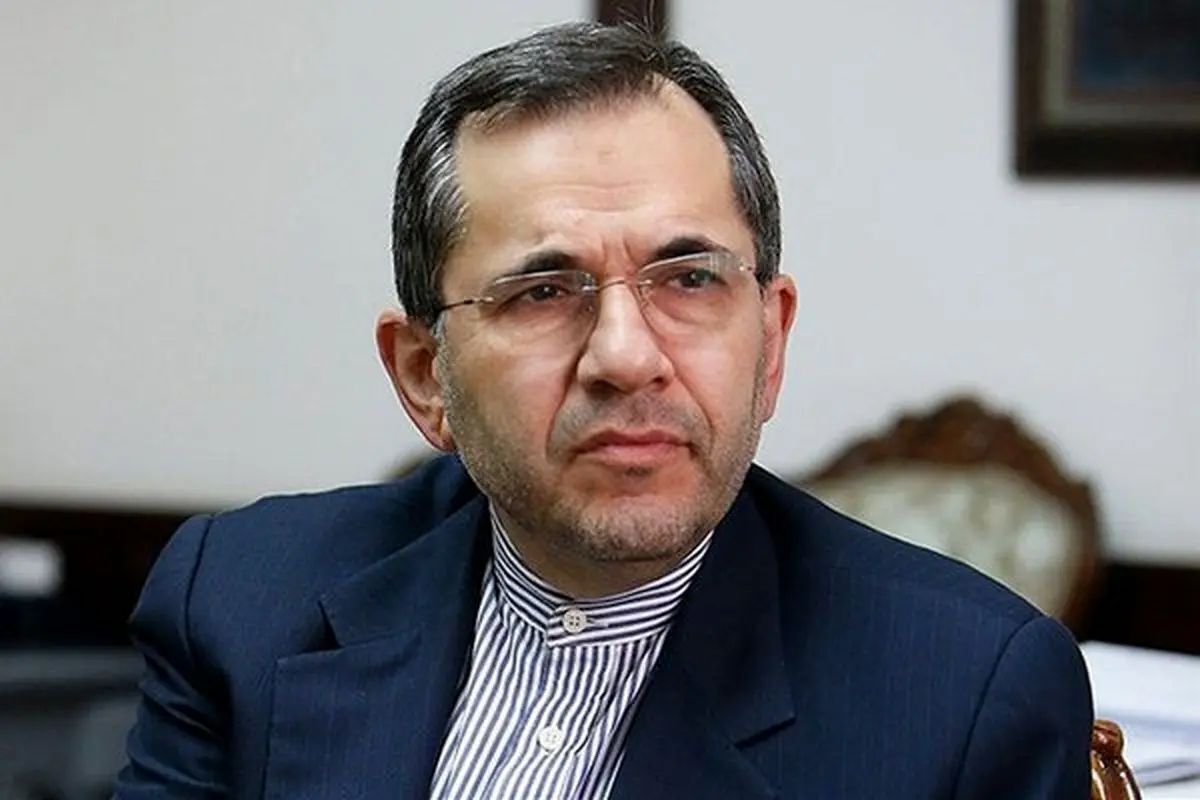
European Banks Eying Iran
EghtesadOnline: European banks are showing interest in Iran’s market, the director of financial services at Germany’s KPMG, a subsidiary of one of the world’s leading financial advisory companies, said.
Expressing his optimism over the prospect of Iran-Europe banking relations, Ulrich von Zanthier added, “I believe all we need to do is wait, as things are improving gradually while the important thing is that international banks have started to finance projects in Iran,” IRNA reported.
The German official mentioned Denmark’s Danske Bank and Austria’s Oberbank as major lenders that have already stepped in to finance projects in Iran.
Less than a month ago, Austria’s Oberbank signed a finance deal worth €1 billion with 14 Iranian banks, becoming the first major lender to enter Iran’s market while about the same time, Denmark’s Danske Bank signed a €500 million finance contract with 10 Iranian banks, becoming the second European lender to ink a major agreement with Iran, according to Financial Tribune.
Von Zanthier also mentioned Bpifrance, France’s state investment bank, which will start to finance projects of French companies in Iran from 2018, granting up to €500 million ($598 million) in annual credits.
“However, many significant lenders still have doubts about forging ties with Iranian banks, but as I’m positive about the matter, we still need to be patient,” he added.
Due to past penalties for violating Iran sanctions, European banks shun business with the country. This is while the EU lifted its sanctions against the country following the nuclear agreement nearly two years ago.
Nevertheless, major banks fear running foul of American laws, because the US government has not yet removed all the sanctions.
The KPMG official saw the possibility of sanctions’ return as slim.
“I am not a politician but from a commercial point of view, European politicians are willing to hold onto the agreement [Iran’s nuclear deal with world powers] while Iranian, Russian and Chinese politicians also want the same thing,” he said.
He noted that when so many powerful payers are on the same page, it also encourages European banks to stop holding back on the financing of lucrative trade with Iran while their governments are pushing to expand trade with the Islamic Republic.
“Despite the fact that there are still some risks, we will continue our relations until it is possible and if someday Iran’s sanctions return, which no one hopes for, we need to reconsider our ties again,” he said.
Von Zanthier said more than 1,000 correspondent banks in Germany can provide a variety of services to Iranians and it is not essential at present to insist on linking up with big banks.


